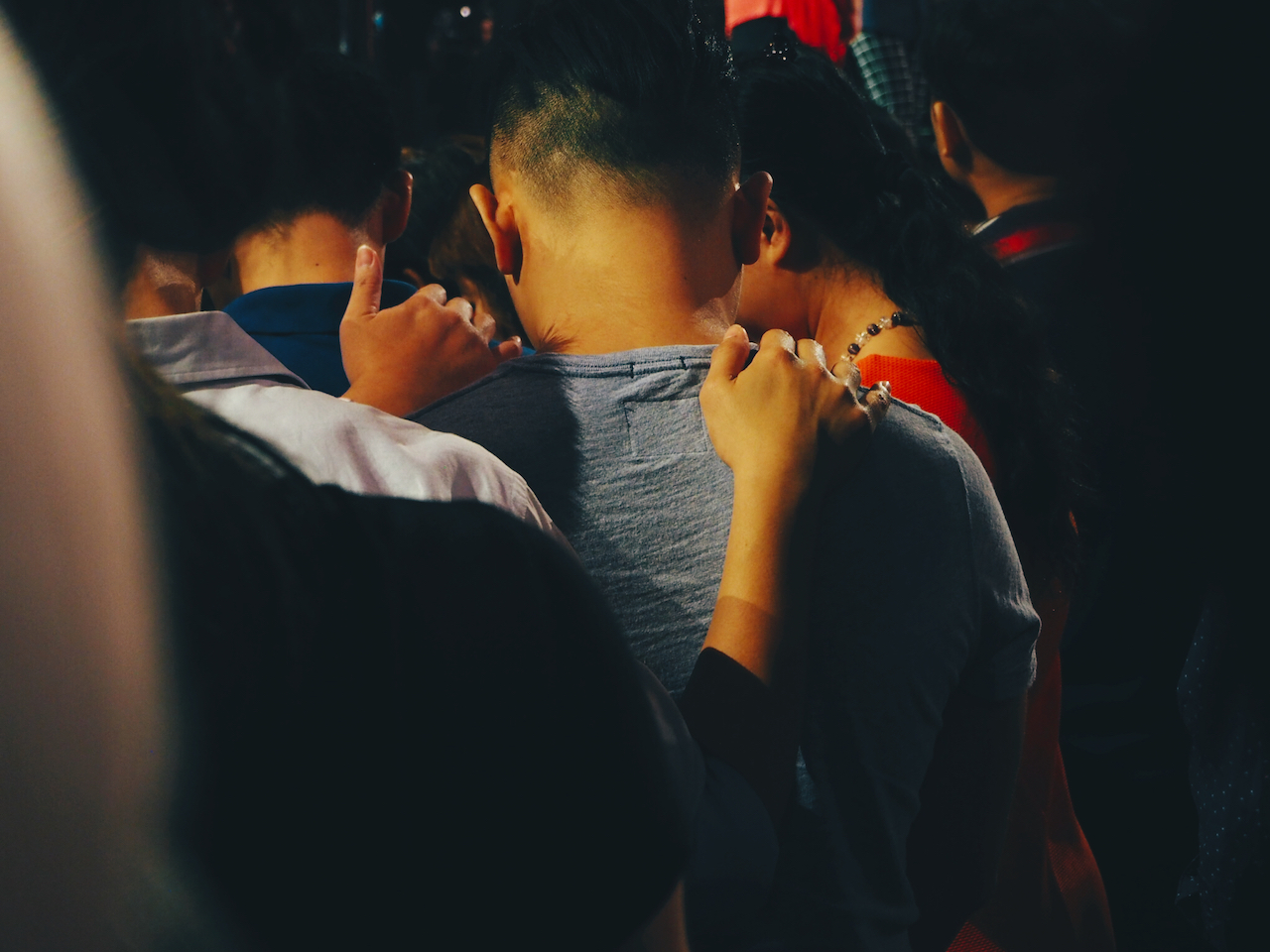When I think about queerness and Christianity, I remember sitting in the pews of my secondary school’s chapel, hearing a pastor’s call-and-response echo through the room.
“Homosexuality?” he boomed, a mic held close to his mouth.
“Not okay!” the entire room chanted back.
I shrank in my seat. I was 15 then, and had just come out as bisexual to my closest friends. I was not Christian, but I received the message loud and clear that day: This is what they thought of me.
My views have since evolved, and I remain close friends with people who have navigated how to reconcile faith and allyship. In the years since secondary school, some friends have come out as queer themselves, some have left their former religion behind. Some still continue to struggle with being both queer and Christian. Their complicated relationships to Christianity are lost amidst our country’s current discourse around LGBTQ rights: You are either religious and conservative, or non-religious and accepting.
This divide has often framed the battle over 377A, which has recently heard 3 legal challenges in the Supreme Court. This controversial part of our Penal Code is a vestige of colonialism that formerly colonised countries like India have recently done away with. So what’s stopping Singapore?
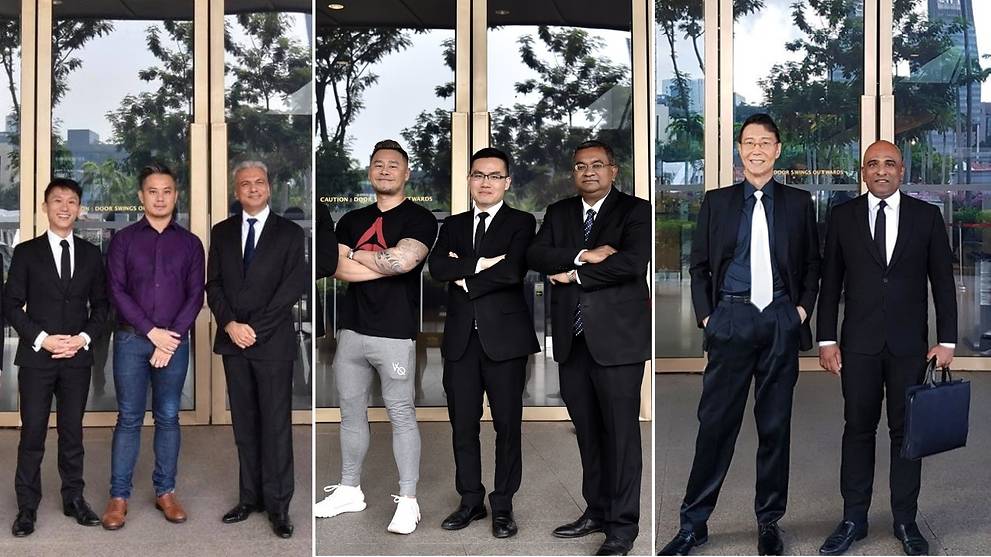
While there is truth to the staggering level of resistance towards repeal mounted by the church, there’s more to the story. What gets lost in the aforementioned binary is the demographic that lies in between: Religious individuals and communities who are all for the repeal. Churches like the LGBTQ-supportive Free Community Church (FCC) have been making valuable space for this population, but it continues to be the exception.
“I do think Christian attitudes are shifting nowadays, with organisations like [FCC],’ said 22-year-old Beverly Anne Devakishen, who is Catholic. ‘But we still have a long way to go, and for Catholicism specifically, the Vatican still has a lot of influence over how open and ‘tolerant’ our local churches are of LGBTQ people.”
Beverly is not only a supporter of LGBTQ rights in Singapore—she identifies as queer herself, and continues to practice her faith despite challenges.
“Personally, coming to view myself as queer while being a Catholic was really difficult,” she said, adding that she had to have tough conversations with her Catholic family and friends about her identity.
But what if one’s identity isn’t in the picture? For 26-year-old Jeremy Manual Lopez, it’s simple.
“To me it’s all about the unconditional love Christ taught us, free of condescension and judgment,” he said. “I just don’t understand why people hate on others for being different, and for something that honestly doesn’t concern them.”
Stefanie Judith, 23, who identifies as Catholic, echoed this sentiment: “I believe that God is love, and God loves us no matter what,” she said. “I don’t think something like sexual orientation is going to make a difference.”
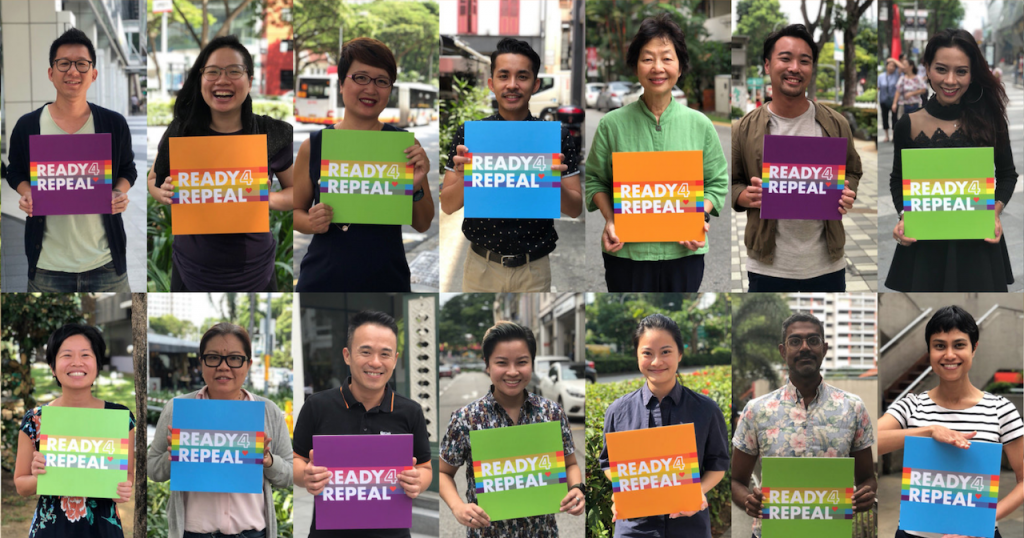
Given that the younger generation is more accepting of queerness in Singapore, this larger ideology becomes difficult to accept for young Christians in particular.
“I remember trying to reconcile what I was supposed to believe, [that] homosexuality is a sin and should be condemned, with people I knew and stories I heard that celebrated all love as something beautiful,” mused Desiree Boey, 30, who was raised Christian but now sees her beliefs as “more agnostic”.
21-year-old Odette Yiu, who continues to identify as Christian, has come to view theology as more flexible. “How we interpret the Bible and how theology manifests have always been subjective, debatable, and alterable,” she explained. “Christianity doesn’t exist in a vacuum.”
The concept of a vacuum intrigued me greatly, especially when it comes to how Christian beliefs intersect with the realm of the law. Jordan Tan, a Christian lawyer who advocated for 377A’s repeal in court, wrote a post on Facebook last Friday (15 November) describing how, while the two are connected in his personal beliefs, this relationship does not have a place in the courtroom itself.
“Although my relationship with God is a personal private matter, Christian accountability and the exhortation not to stumble others (Romans 14:12-13) calls for an open and honest response to such queries,” he wrote, before elaborating on five key reasons as to why it is “required” by his faith for him to advocate for the rights of LGBTQ people.
The reasons he cites, from the godliness of the constitution to how Jesus himself advocated for the marginalised, all come with Biblical citations. While these theological arguments seem to serve an intra-community purpose, I think back to what Odette said, about varied interpretations of the Bible. The flexibility of theology is a centuries-old debate, one that isn’t likely to be solved by you or me. So when it comes to deciding what the law should be, does it even matter?
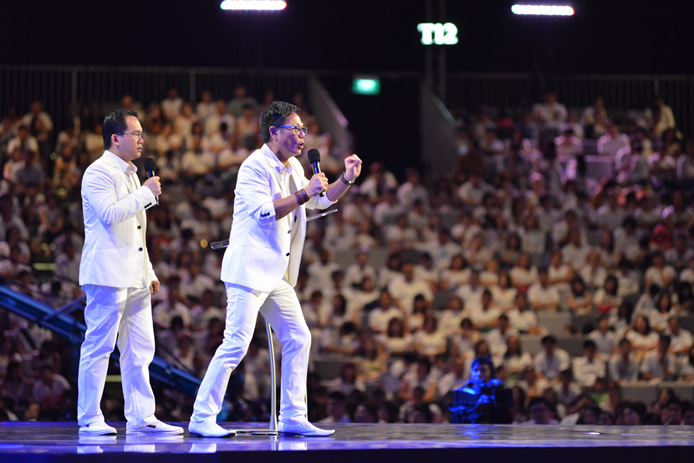
“We shouldn’t be imposing a standard of morality on people who have no reason to believe the same things as us or follow the same rules as us,” added Desiree.
While this presents a positive outlook on how pro-LGBTQ Christians see themselves in larger society, what does it mean for those sitting in the pews? If a Christian genuinely believes, regardless of the law, that queer and trans people are deserving of everything that their cisgender and straight counterparts have, can they still find hope in the church?
For Beverly, the answer is a resounding yes, and it goes further than just hope. She has seen queer connections formed by way of Christianity. “I know two women who met each other in their Catholic choir group and got together that way. I also know a gay man who works in a church as a music composer,” she said. “These LGBTQ people genuinely do find comfort in Christianity.”
For some, like Jordan, believing in the rights of queer people is intertwined with their Christianity—a far cry from the narrative that the two have to be mutually exclusive.
“My support for LGBTQ rights is very much informed by my faith,” reflected 30-year-old author Davian Aw. To him, the very same values that guide his acceptance are those he learned through his religion.
As someone who has never identified as Christian, hearing these perspectives continues to give me pause. I want to believe that the Christians I have spoken to are paving the way for their religious peers who, to put it lightly, do not feel the same way. (To put it less lightly, queer youths are experiencing higher rates of mental health struggles and suicide at the hands of conservative homophobia and transphobia.) So my mind goes back to being 15, to sitting in that pew, and to homophobia being the loudest voice in the chapel.
“It’s undeniable that resistance to the repeal of 377A comes from mostly religious groups, and that a lot of conservative people are able to use Christianity as an excuse for, or even enabler of, their homophobic views,” admits Beverly.
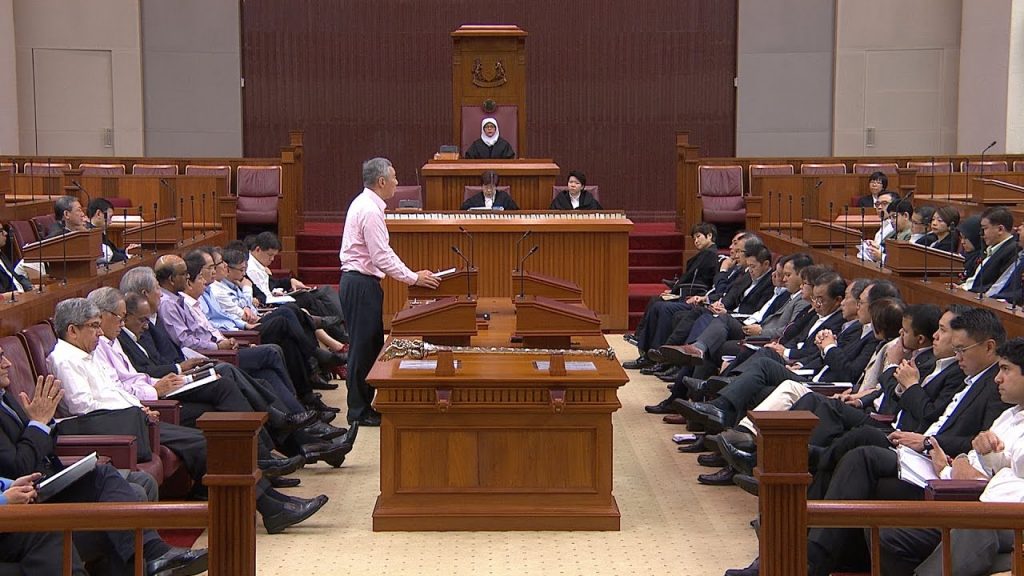
It is not known what percentage of respondents were Christian, or identified with the religion in any way. 750 people participated, with their ages ranging between 15 and 65. This sample size isn’t statistically insignificant, but relative to a population of over 5.5 million, it’s worth digging deeper.
More in-depth research is a future possibility, but the decision now lies with Parliament and the legislature. As the legal challenges came to a close, the Attorney-General’s Chambers (AGC) said on Wednesday (20 November) that it is up to Parliament rather than the judiciary to decide on 377A, given that Singapore’s constitution “does not set out rights to human dignity, sexual identity or privacy.”
This presents yet another cleave in the imagined battle between Christians and non-Christians—or even the religious and non-religious—over 377A. When speaking with Christians who supported LGBTQ rights, I sensed a frustration with this conjecture—several people mentioned words like “cautious” and “social tensions” when expressing where they thought the government stood on the issue.
It’s not an inaccurate assessment. Calls for patience and “uneasy compromise” have been the norm in government responses to the issue. These invocations have prompted movements like Ready4Repeal and Pink Dot to co-opt the state’s language of the “readiness” of society, arguing that we are in fact ready for repeal.
As much as we are told that it is up to society to decide on 377A, it would appear that it is ultimately the prerogative of this country’s leaders. Every pro-LGBTQ Christian I spoke with was supportive of repeal, but not a single one expressed optimism that it would happen this time. What they did feel could change were the views of others in their community.
“While I don’t know if acceptance will happen in my lifetime, I do feel like Christianity as a whole is moving towards an understanding of sorts with LGBTQ+ issues,” said Stefanie.
Desiree agreed, saying that it could take “a couple more generations before any real change.”
“It doesn’t minimise the importance of constantly making noise and fighting,” she added, “Because that’s the only way to maybe be heard and slowly inch towards progress.”
Religious, Christian narratives are but one part of debate on 377A, and it remains up to our political leadership to make a decision on this tense chapter of our history.

